Step back in time
Follow our human journey across the beautiful landscape of the Chilterns AONB, shaped by those living, working and visiting here.
Chilterns’ people past and present have given us plenty to be proud of, from the opulent mansions of the rich and famous, to the beautiful villages and hamlets. From the Stone Age to the Romans, Normans to the Victorians, there is so much history to discover here. Our local culture, quirks and the industry of generations are presented in entertaining and memorable fashions – whether through the racing of vintage cars, or in atmospheric performances at Berkhamsted Castle.
One of the best ways to explore this rich heritage is take things slowly: on foot, bike or horseback. Like this, it is easy to see those tucked away churches, pubs, ancient villages and drovers routes often missed by car.
If you don’t know where to start, we’ve come up with some ideas to get you going. It’s just a small selection of what the AONB has to offer, though, so browse our interactive map for many more places to step back in time.

Historic houses and gardens
The great, the good and the not-so-good have all made their homes in the Chilterns. Many of their finest houses are now open to the public, so you can surround yourself in the opulence, extravagance and intrigue of how the other half lives.
Chenies Manor
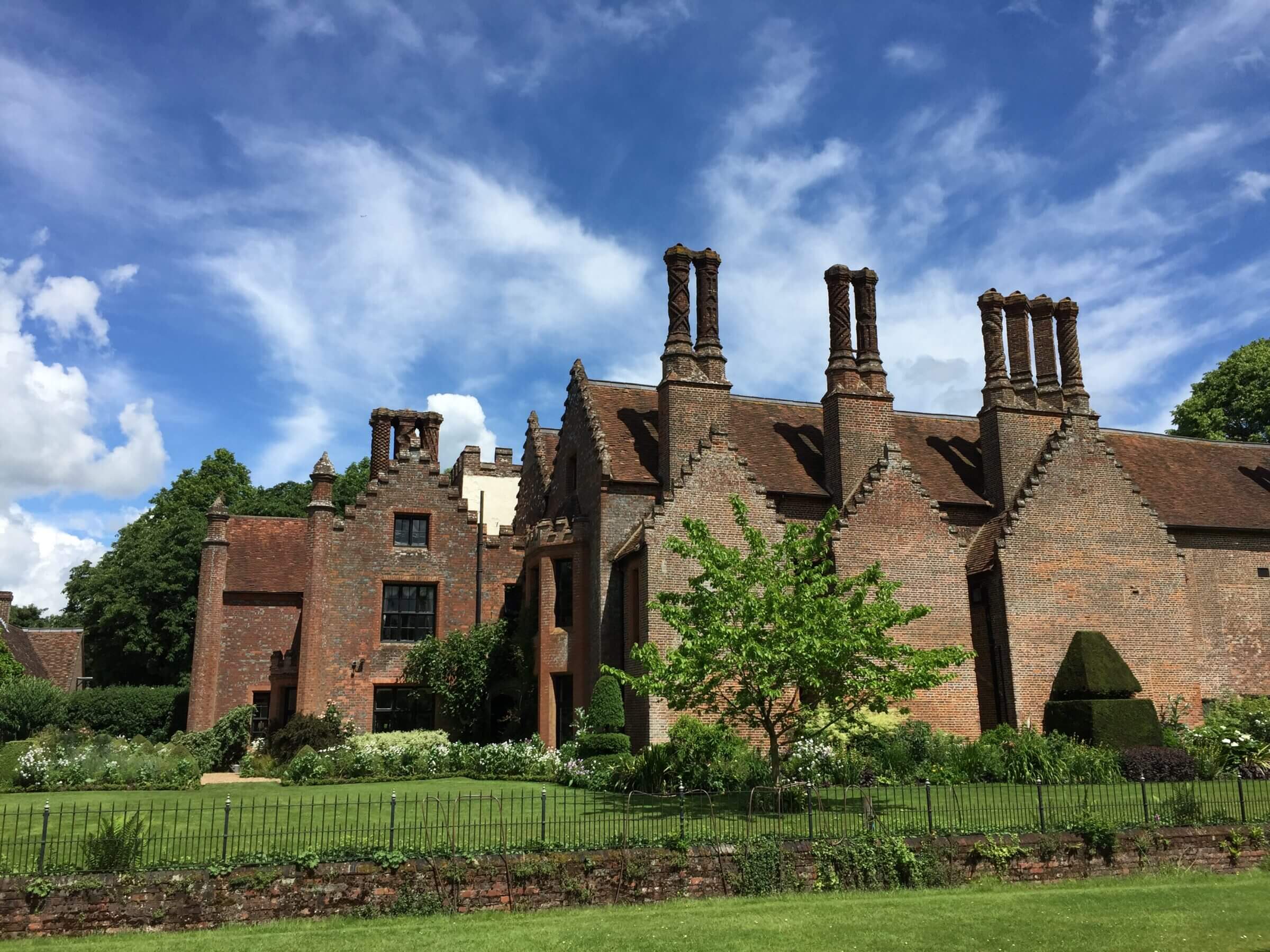
Tucked away down a winding country road, this charming Tudor manor house was visited by both Henry VIII and Elizabeth I. Once part of the Duke of Bedford’s estate, it was restored in the 1950s by the MacLeod Matthews family. Features include award-winning gardens, a tea room, a medieval wall and even a dungeon!
Read moreCliveden
Splendid National Trust gardens and riverside walks can be found at Cliveden, in the grounds of a mansion that was once home to Nancy Astor, Britain’s first female MP. There is an impressive maze with 500 metres of paths, and seasonal trails and events to enjoy.
Read moreGreys Court
This intimate and picturesque 16th-century mansion lies on a site with 900 years of history to reveal. First mentioned in the Domesday Book, tranquil walled gardens and medieval ruins (such as a Tudor donkey wheel used to draw water for the house) can be found around its grounds.
Read more
Hughenden Manor
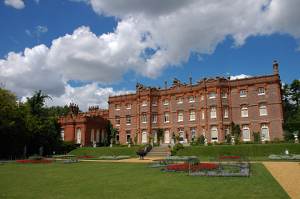
The country home of Victorian Prime Minister, Benjamin Disraeli, offers a vivid and entertaining insight into his personal and political life. The formal garden has been recreated and there’s an interesting Second World War room in the cellars. The four-mile Hughenden Boundary Walk explores the surrounding estate, visiting the Disraeli monument and the church where ‘Dizzy’ is buried.
Read moreStonor Park and Gardens
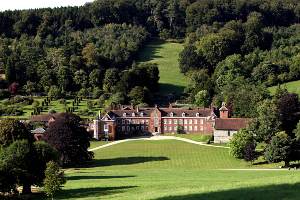
The Stonor family have resided at Stonor Park for more than 850 years, making it one of the oldest family homes still lived in today. The sweeping grounds are breathtaking and the site of a perfectly preserved prehistoric stone circle; the house is filled with fascinating art and artefacts; and for children, there is Tumblestone Hollow – an exceptional adventure playground.
Read more
Vintage locomotion
Antiquated ways of getting around bring the past alive in the Chilterns AONB. Take a trip on a steam train, bathed in nostalgia as the world passes you by. Or visit a vintage vehicle rally and marvel at the pristine cars and crazy races.
Chiltern Hills Vintage Vehicle Rally
Held just outside Aylesbury, the Chiltern Hills Vintage Vehicle Rally is a great day out for all, bringing together owners of classic vehicles from across the Chiltern countryside. There’s 1,000 vehicles on show and a variety of entertainments, such as children’s rides, dog shows, trade stands and hog roasts!
Read moreChinnor and Princes Risborough Heritage Railway
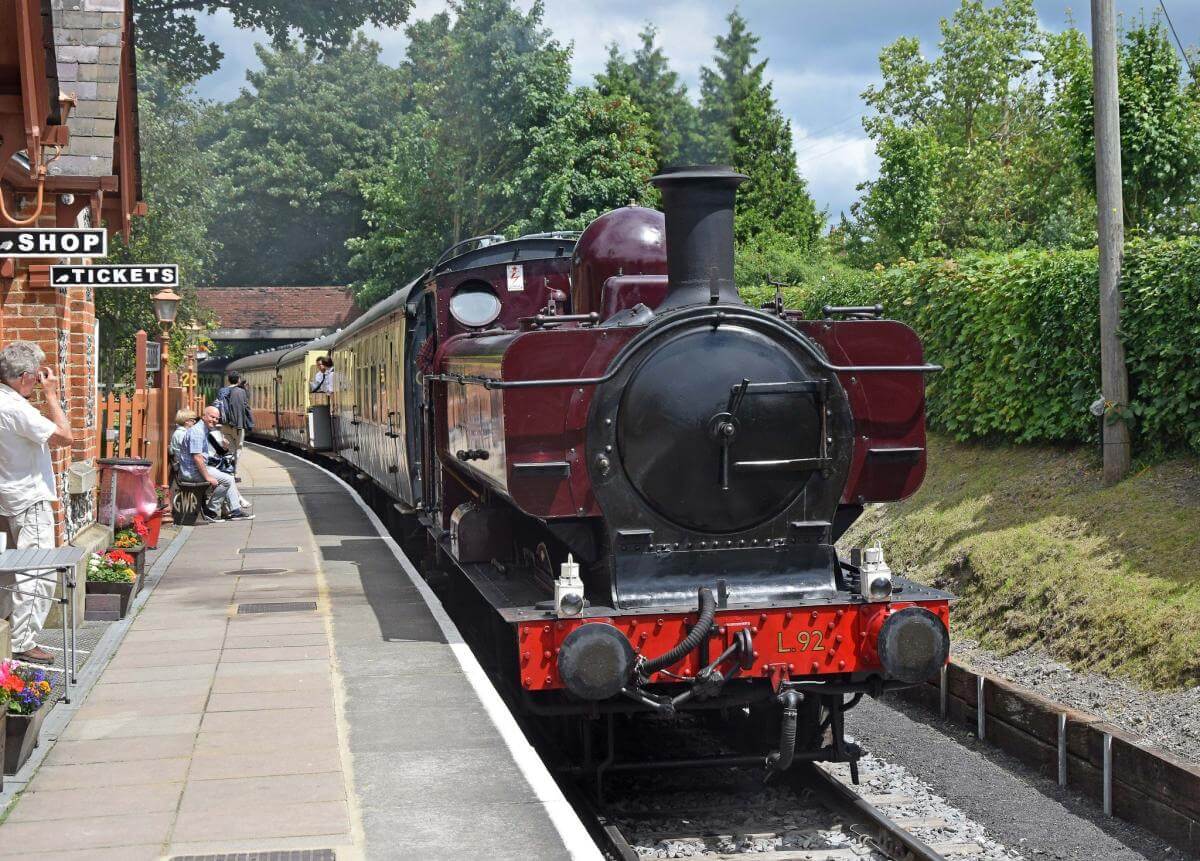
Part of the old Great Western line, the railway operates steam- and diesel-hauled services on a 7-mile round trip from Chinnor to Princes Risborough. Sit back and gaze at picturesque Chiltern views, or stop off to enjoy these lovely market towns.
Read more
Kop Hill Climb Festival
Held in September, the festival celebrates the heritage of the Kop Hill Climb races held in the early 1900s, when thousands flocked to see drivers like Malcolm Campbell and Henry Segrave. Today, more than 400 historic vehicles run the hill, while many more are displayed among the family friendly activities and festival atmosphere.
Read more
Ancient and historic places
Landscape plays a huge role in determining the form and function of buildings, from hillforts and castles, to windmills and watermills. The reasons they were built may be long gone, but they serve as reminders of a lost time – sometimes in full working order, sometimes in ruins.
Berkhamsted Castle
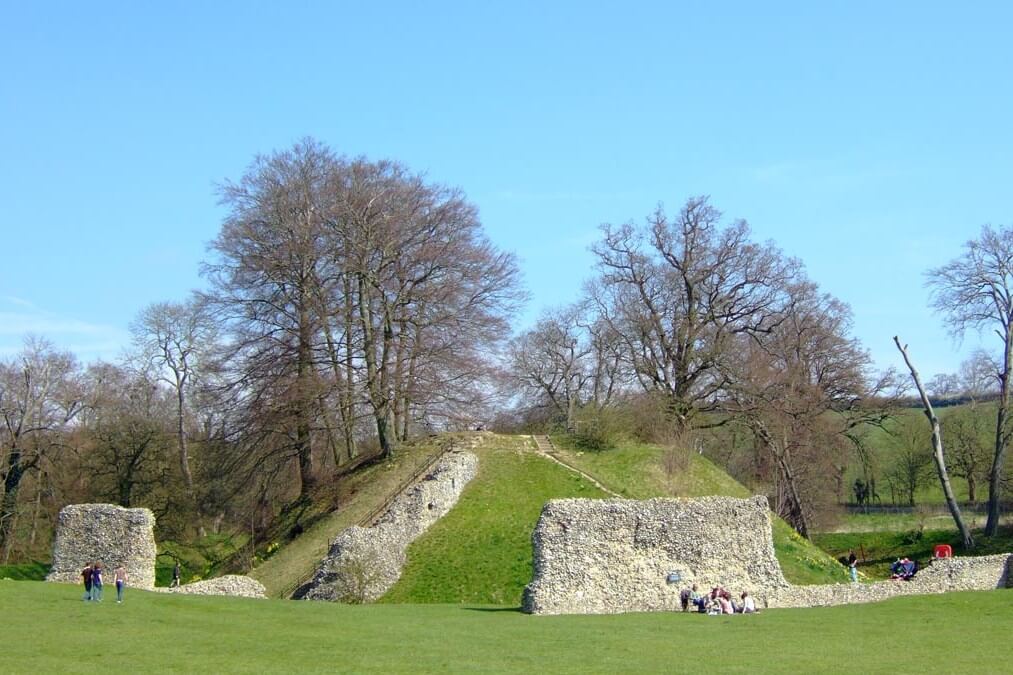
Dating from the 11th century, Berkhamsted Castle is a towering motte-and-bailey castle – an impressive reminder of a once-mighty Norman stronghold. Enjoy an atmospheric stroll around the place where William the Conqueror was formally offered the English crown following his defeat of the Saxons at the Battle of Hastings.
Ivinghoe Beacon
![]()
Soak up spectacular views of the surrounding countryside from the top of the Beacon, or scour the hillside for signs of the past, such as the remains of an Iron Age hill fort and numerous burial mounds. This windswept landscape is placed on the ancient Ridgeway National Trail, which has been used by travellers for more than 5,000 years.
Read moreLacey Green Windmill
Close to Princes Risborough, the oldest smock windmill in the country was rescued and restored by volunteer members of The Chiltern Society. Today, you can see its distinctive wooden machinery (dating from around 1650) and climb inside it using steps and ladders to explore all four floors.
Read moreMilton’s Cottage
Visit Chalfont St Giles and discover the home of poet and parliamentarian, John Milton, who took refuge from the London plague in the Chiltern Hills. It was here that he finished Paradise Lost. Still atmospheric, the cottage provides a fascinating insight into the life and work of this influential man.
Read moreWhiteleaf Cross
Whiteleaf Hill Nature Reserve offers panoramic views over the Chilterns countryside. But it is most famed for what sits atop it – the chalk figure of the Whiteleaf Cross. The Cross has dominated the local landscape for several centuries. It was first officially noted in the 1700s, but its full history is unknown and the subject of much folklore.
Read moreExplore our map




